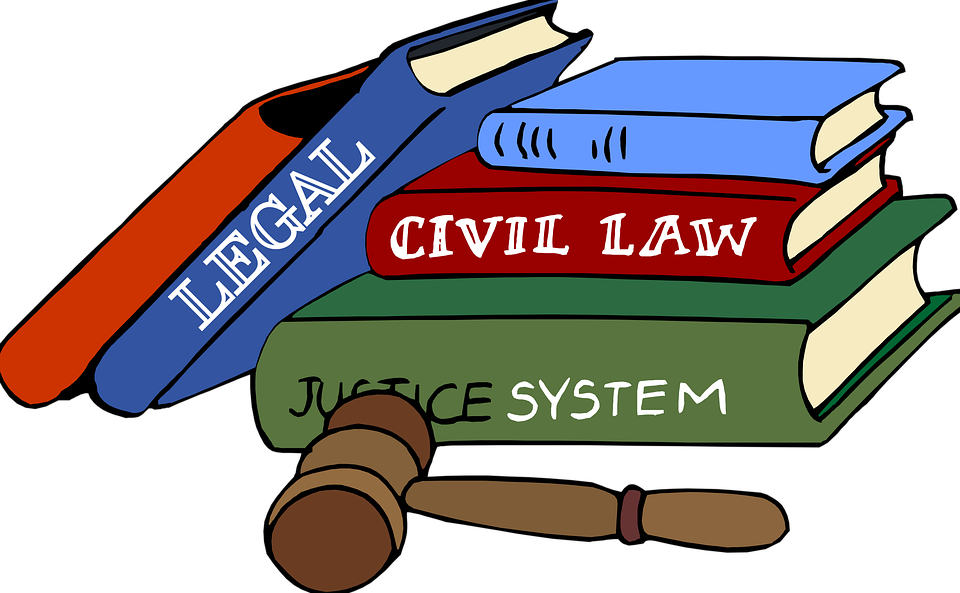LAW OF TORT - TORT AND OTHER LAWS
TORT
- The Law Of Tort is a branch of Civil Law.
- The word "TORT" is derived from the Latin word TORTUM which means twisted or crooked or wrong.
- In Roman, it is called "Delict".
- Hence a tort is conduct which is twisted or crooked and not straight. It is a species of civil injury or wrong.
CRIME
- A Crime may be defines as a wrong which involves punishment such as death, penal servitude, imprisonment, fine, etc.
- "These are wrongs whose sanction is punitive and is in no way remissible by any private person but is remissible by the crown alone, if remissible at all "- Prof. Keny (Late)
Difference between Tort and Crime
TORT
- It is a violation of civil or a personal right.
- The plaintiff is awarded damages for the wrong caused to him by the defendant.
- The plaintiff can himself institute a civil proceeding against the defendant.
- In tort the motive is not paid relevant importance.
- Tort is a mere breach of duty for which damage may be recovered from the defendant.
- Act is comparatively less serious and affects only the person.
- It is a private wrong.
- The sanction for tort is an action for damages.
CRIME
- It is a violation of public duty which affects the society as a whole.
- The offender is punished in the interest of society.
- The criminal proceedings against the offender is instituted by the court and he is punished in the interest of the society.
- In crime motive "mensrea" plays an immense role for turning the liability of the offender.
- Crime is an unlawful act prohibited by law for which the only remedy is to punish the offender.
- Act is comparatively more serious and affects the person as well as the society.
- It is a public wrong.
- The sanction for crime is punishment.
Similarities between Tort and Crime
- Both in tort and in crime, it may be said that there is one common element, i.e violation of a general duty which a person owes to the public.
- Thus we find that there are certain wrongs which are treated both as a crime against the state and as a civil wrong to a particular individual.
- Assault, Libel and Theft are instances of such common wrongs.
- If a person has committed an act of theft, he may be prosecuted criminally and a civil action for the recovery of the value of article stolen and for damages can also be taken against him.
- So also in the wrong of defamation. For instance, if a person has published a defamatory article about another in a newspaper, both a criminal prosecution for libel and civil action claiming damages for the defamatory publication may be taken against him.
- In P.Rathinam V. Union of India, S.C observed " In a way there is no distinction between crime and tort, inasmuch as a tort harms an individual whereas a crime is supposed to harm a society. But then, a society is made of individuals. Harm to an individual is ultimately harm to society.
Tort and Contract
Tortious Liability
- Tortious Liability arises from the breach of a duty primarily fixed by law.
- Such duty is towards persons generally and its breach is redressible by an action for unliquidated damages.
Contract
- A Contract is that species of agreement whereby a legal obligation is constituted and defined between the parties to it.
- It is a legal relationship, the nature, content and consequences of which are determined and defined by the agreement of the parties.
- According to Salmond, " A Contract arises only out of the exercise of the autonomous legislative authority entrusted by the law to private persona to declare and define the nature of their mutual rights and obligations".
Difference between Tort and Contract
Tort : Duties in tort are primarily fixed by law.
In tort, the plaintiff will be claiming unliquidated damages.
Contract: Duties in contract are fixed by the parties themselves.
In contract, the plaintiff will be claiming liquidated damages.
As a matter of Principle it is difficult to see why concurrent remedies in tort and contract, if available against the medical profession, should not also be available against members of other professions whatsoever form the relevant damage may take.
Tort and Trust
Trust: Trust is a branch of the Law of Property. Under it a person called Trustee holds the property in hi name for the use and benefit of another person called the Beneficiary.
If a trustee misappropriates property which he holds upon trust for a beneficiary, the beneficiary can claim compensation. But that compensation amount will usually be the value of the property concerned.
It can be ascertained beforehand and as such the damage claimed will be a liquidated sum and not unliquidated.
Thus, Tort and Trust are differentiated on the basis of damages.
Tort: Unliquidated damages are claimed in Tort.
Trust: Only liquidated damages are claimed in trust transactions.
A receiver or manager appointed by a debenture holder must act in good faith but he owes no duty in negligence to take reasonable care in dealing with the assets of the company.
A trustee's misappropriation of trust property is not generally compensated by way of damages for tort because the courts look at such breaches of duties with disfavour.








No comments:
Post a Comment